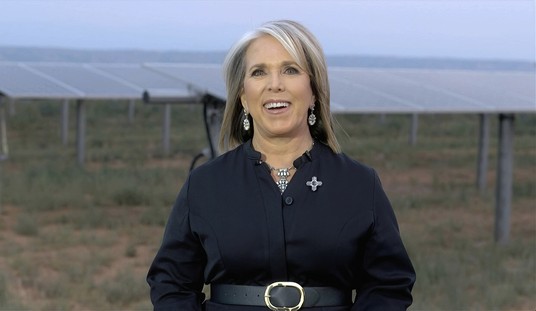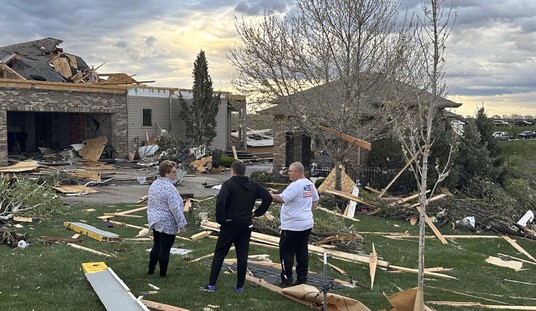A ruling by the Environmental Appeals Board of the EPA has scuttled Shell Oil Company’s plan to drill its initial exploratory test in Alaska’s Chukchi Sea. This is at least the second time drilling has been deferred or delayed due to environmental concerns. But this time, the reason proffered by EPA seems to be “Because we can.”
The EPA’s appeals board ruled that Shell had not taken into consideration emissions from an ice-breaking vessel when calculating overall greenhouse gas emissions from the project. Environmental groups were thrilled by the ruling.
We have handed radical environmentalists veto power over domestic development. It matters little whether the pretext is (as in this case) ship exhaust 70 miles distant from the nearest human settlement, “burning water” or a 3-inch lizard in West Texas, environmental extremists are hell-bent on shutting down any and all development of conventional fuels in the United States. EPA offers them all the tools they need.
Let’s stipulate for the time being that a reasonable development time frame for a large-scale, remote oil development in the Arctic offshore is at least ten years. Some of the larger fields in the Gulf of Mexico have taken that long; compared to the Chukchi Sea, off Alaska’s northwest coast, the Gulf of Mexico is a bathtub. Ten years spans two and a half Presidential terms, five Congresses and at least one election cycle for each Senator. All the EPA’s anti-industry careerists need do is wait patiently for the opportunity to stop any large-scale development dead in its tracks.
Shell bought the Chukchi Sea leases from a willing Federal government in 2008 at a cost of $2 billion. They have spent another $2 billion on the pre-drill exploratory phase. When you’re a capitalist with a large investment on the line, time is not your friend. Since the weather window for Arctic operations is limited to the summer, a delay of a couple of months effectively kills a year. (Which raises an interesting question: Since Shell bought its leases in good faith and the stroke of an administrative pen took its rights away, shouldn’t the US be willing to refund Shell’s $2 billion?)
[Shell’s VP Pete Slaiby is] especially frustrated over the appeal board’s suggestion that the Arctic drill would somehow be hazardous for the people who live in the area. “We think the issues were really not major,” Slaiby said, “and clearly not impactful for the communities we work in.”
The closest village to where Shell proposed to drill is Kaktovik, Alaska. It is one of the most remote places in the United States. According to the latest census, the population is 245 and nearly all of the residents are Alaska natives. The village, which is 1 square mile, sits right along the shores of the Beaufort Sea, 70 miles away from the proposed off-shore drill site.
We can go through this perverse kabuki dance that Shell’s air permit was with held up
- for the indigenous people
- for the children
- for the polar bear
- all of the above,
but the real motivation, the real prize, is the Trans Alaska Pipeline System. The design throughput of the pipe is in excess of 2 million barrels of oil per day; recent throughput is around 600,000 barrels per day. At some limiting rate (I’ve heard 200,000 barrels per day), the cost to operate the line will exceed the value of operating it, and it will be shut down.
Pipeline shut-down is the ultimate goal of the environmental movement. Not just ANWR, but any new development must be stopped so that TAPS dies an early and unnatural death.
According to the US Geological Survey, the Arctic regions of the world hold 90 billion barrels of oil and 1,670 trillion cubic feet of natural gas resources. (This is a scientific guess, because the region is so lightly drilled.) Only recently, Statoil announced a large discovery in the Barents Sea, north of Norway. Russia also has active plans to develop its extensive Arctic resources. And while it’s not in the Arctic, Canada has produced several large fields offshore Nova Scotia and Newfoundland, an area known for hostile sea conditions with the threat of icebergs.
We as Americans have done nothing to curtail our demand for petroleum, but we have allowed the supposed protectors of our environment to block development at almost every turn. When we go, hat in hand, to OPEC or foreign regimes seeking access to oil, they ask a legitimate question: “Why are you asking us to do things that you refuse to do for yourselves?”

Cross-posted at stevemaley.com.














Join the conversation as a VIP Member